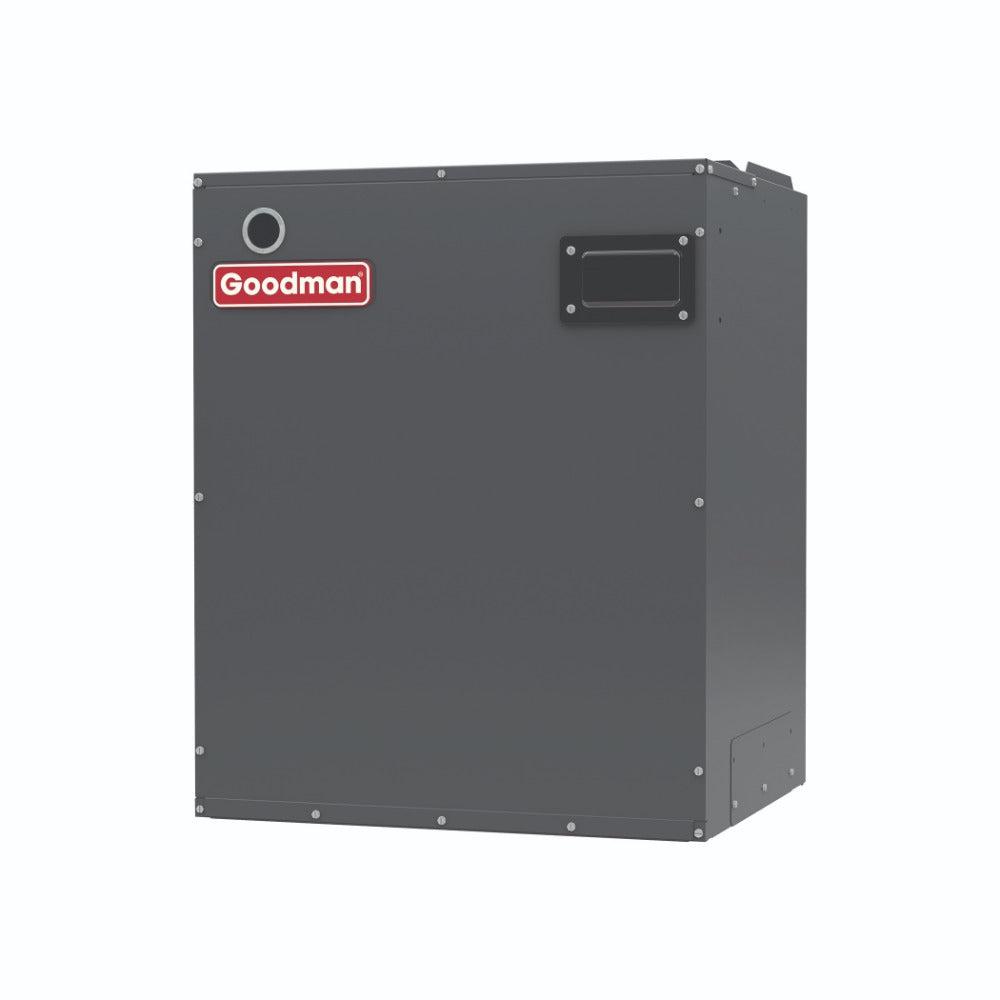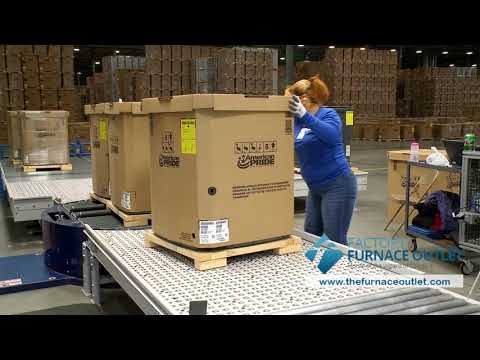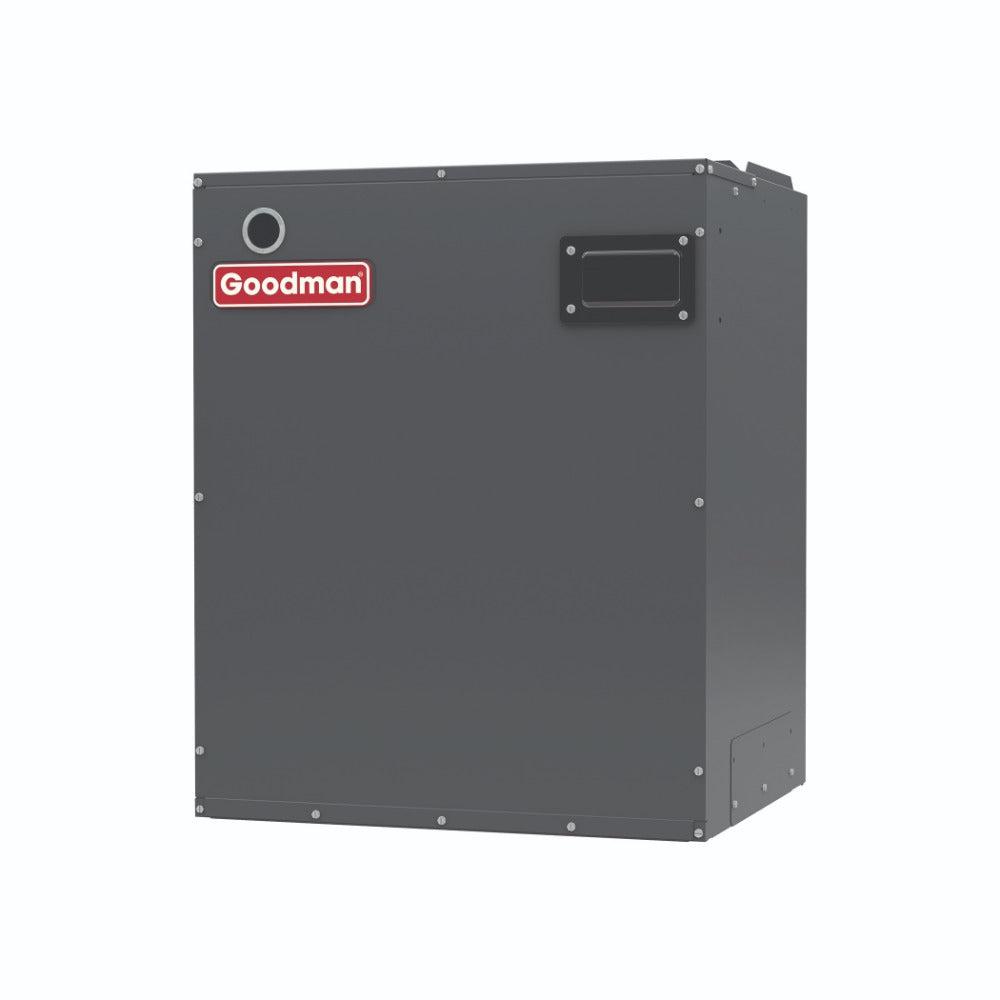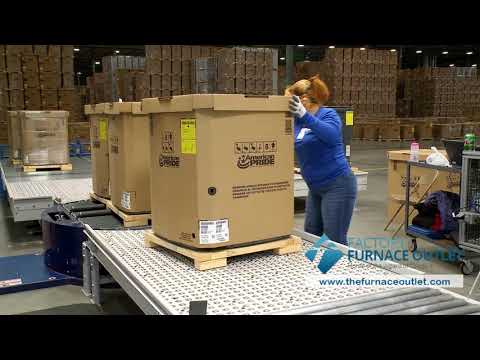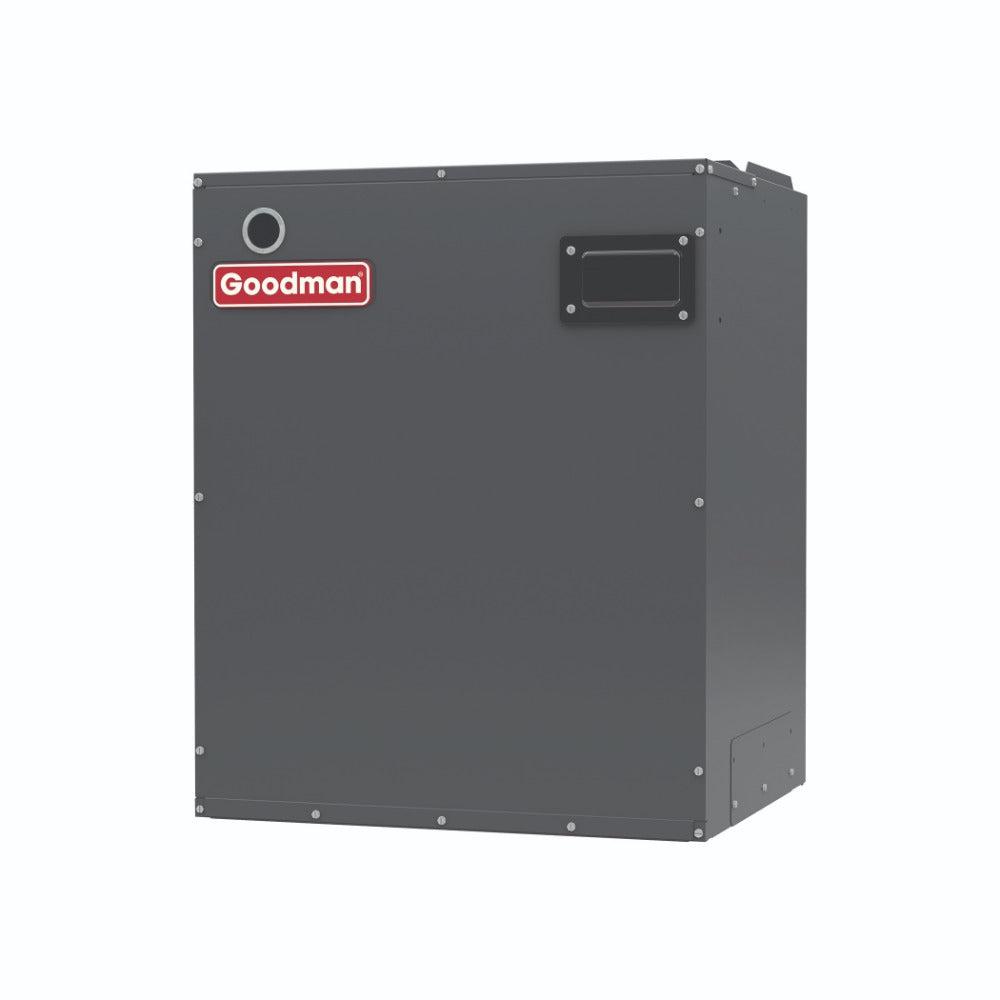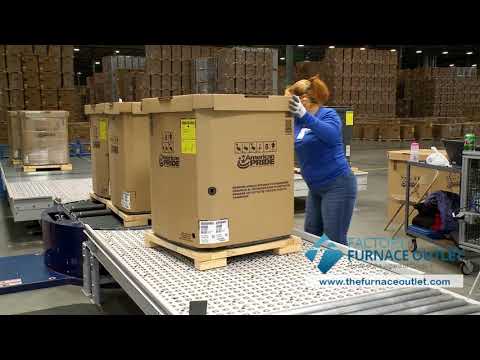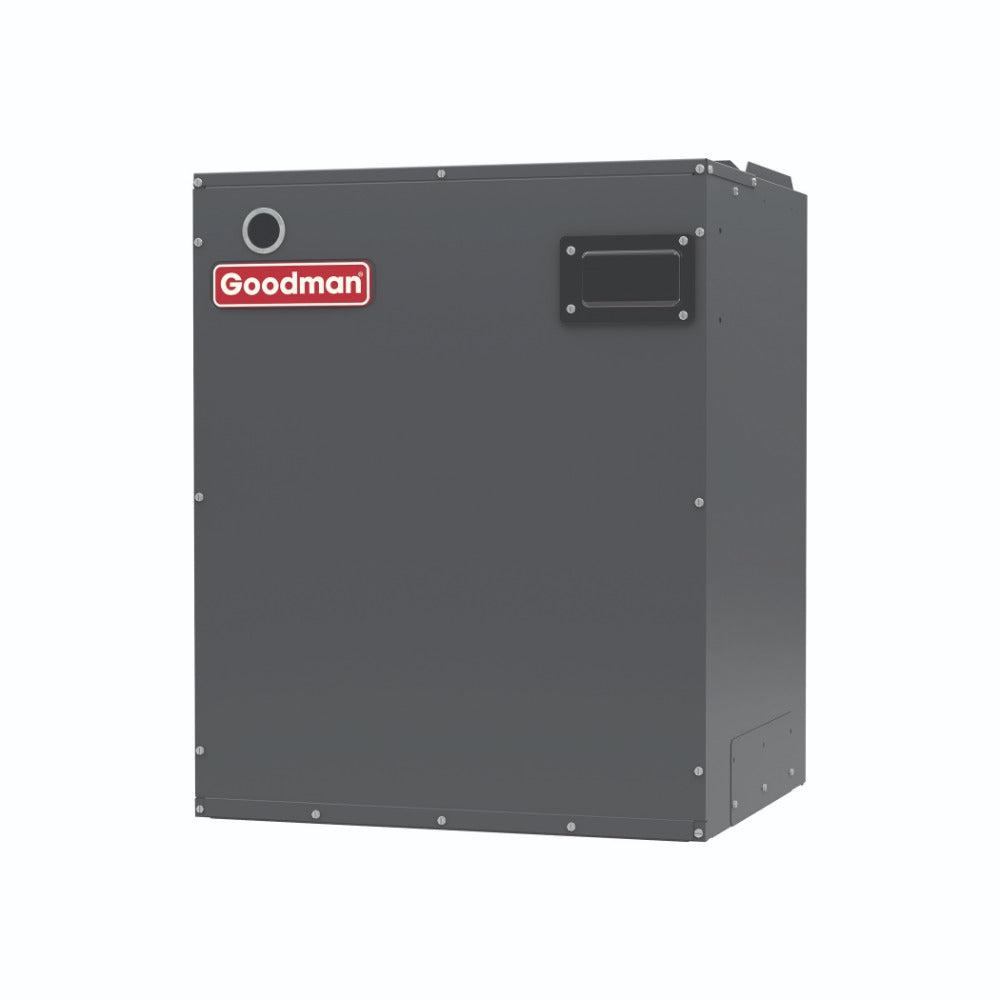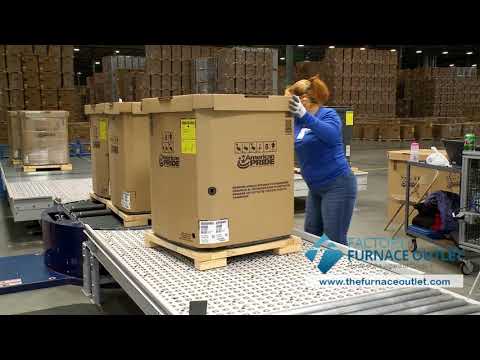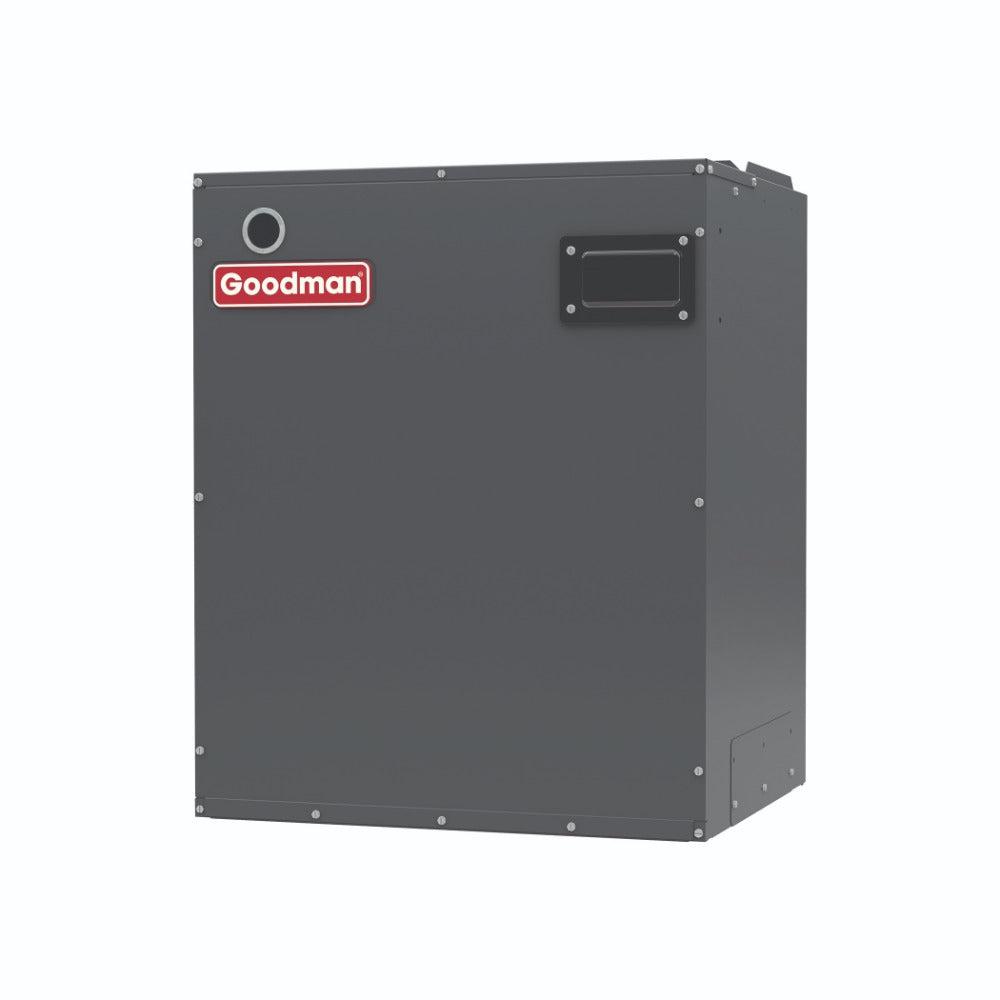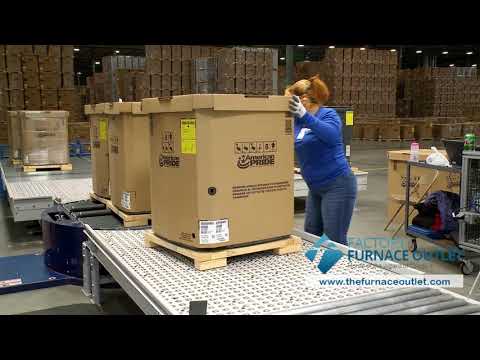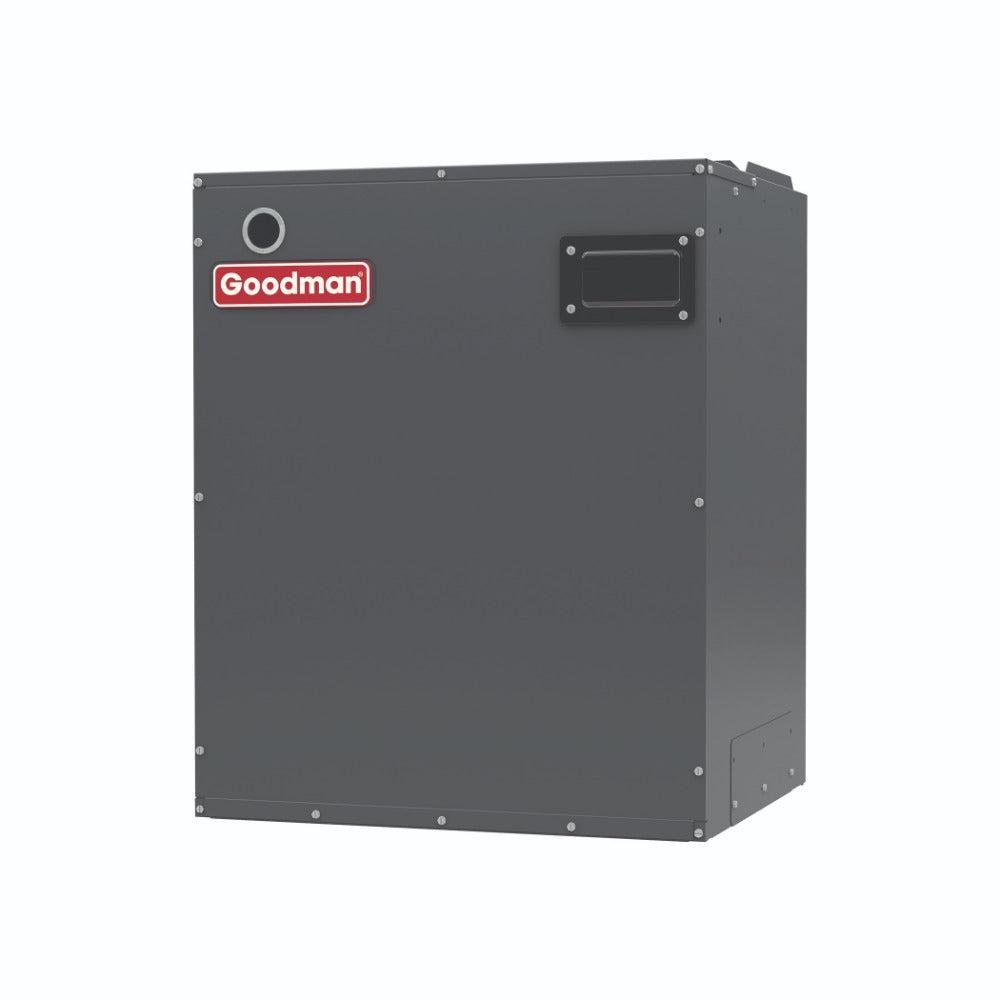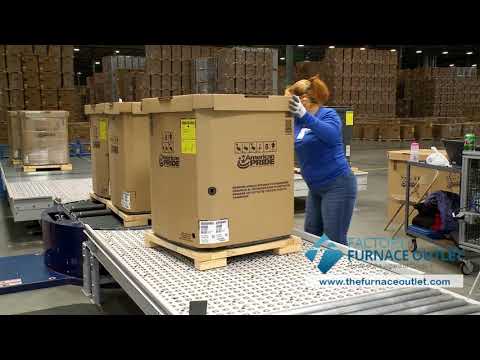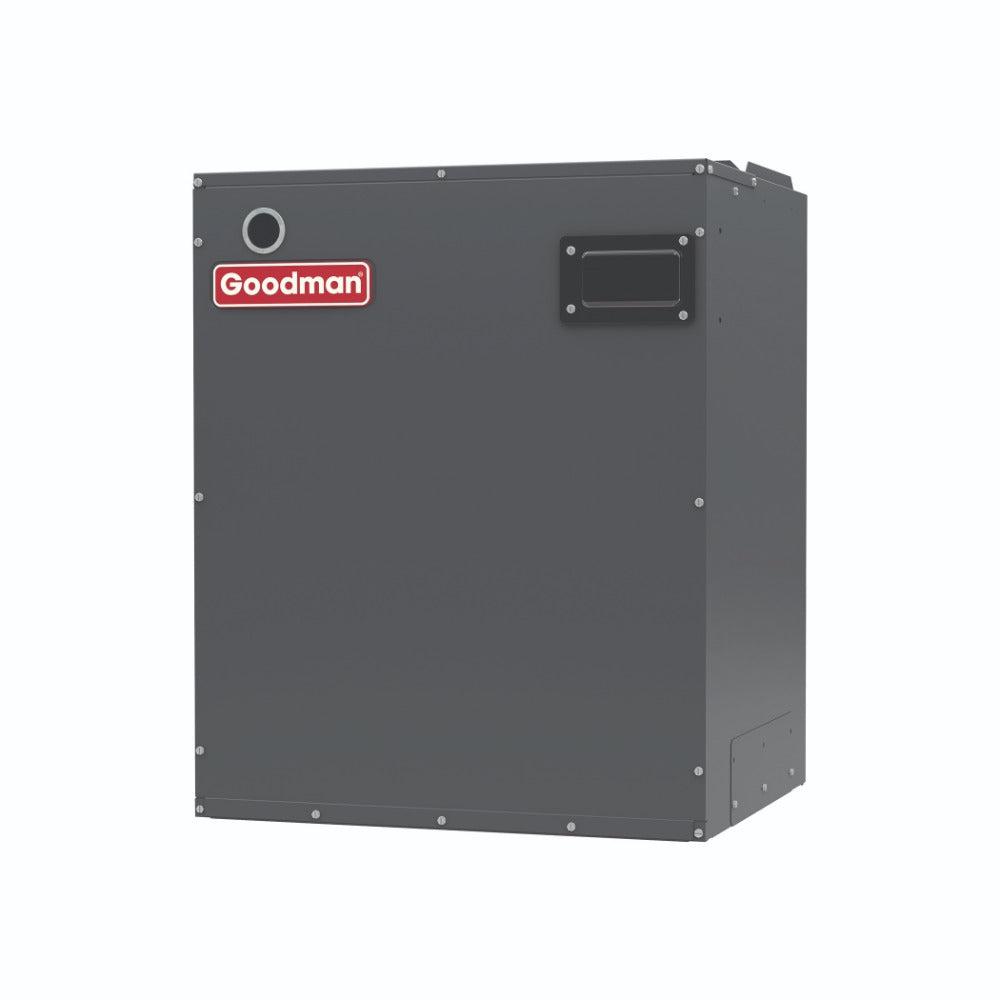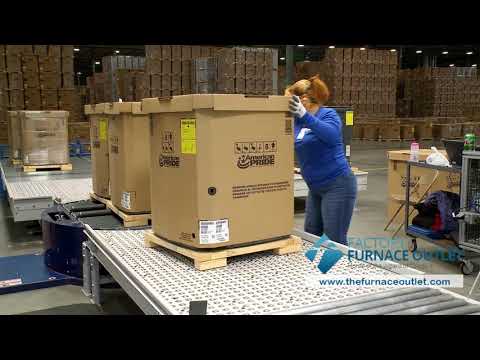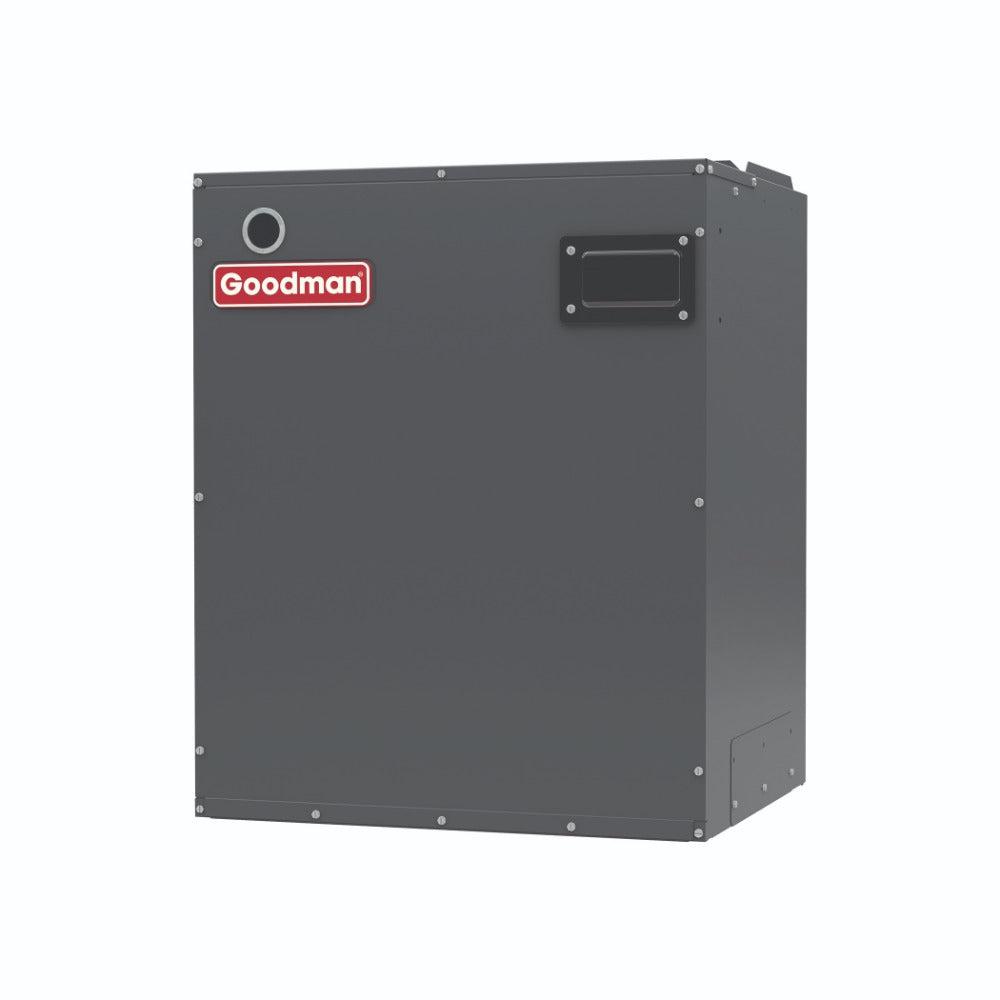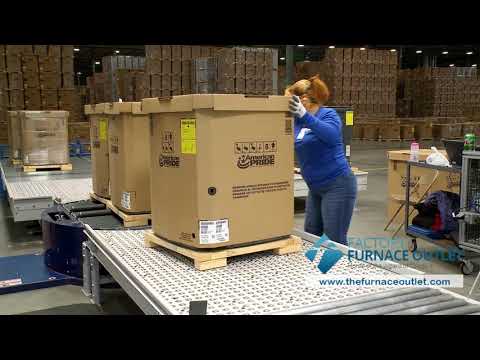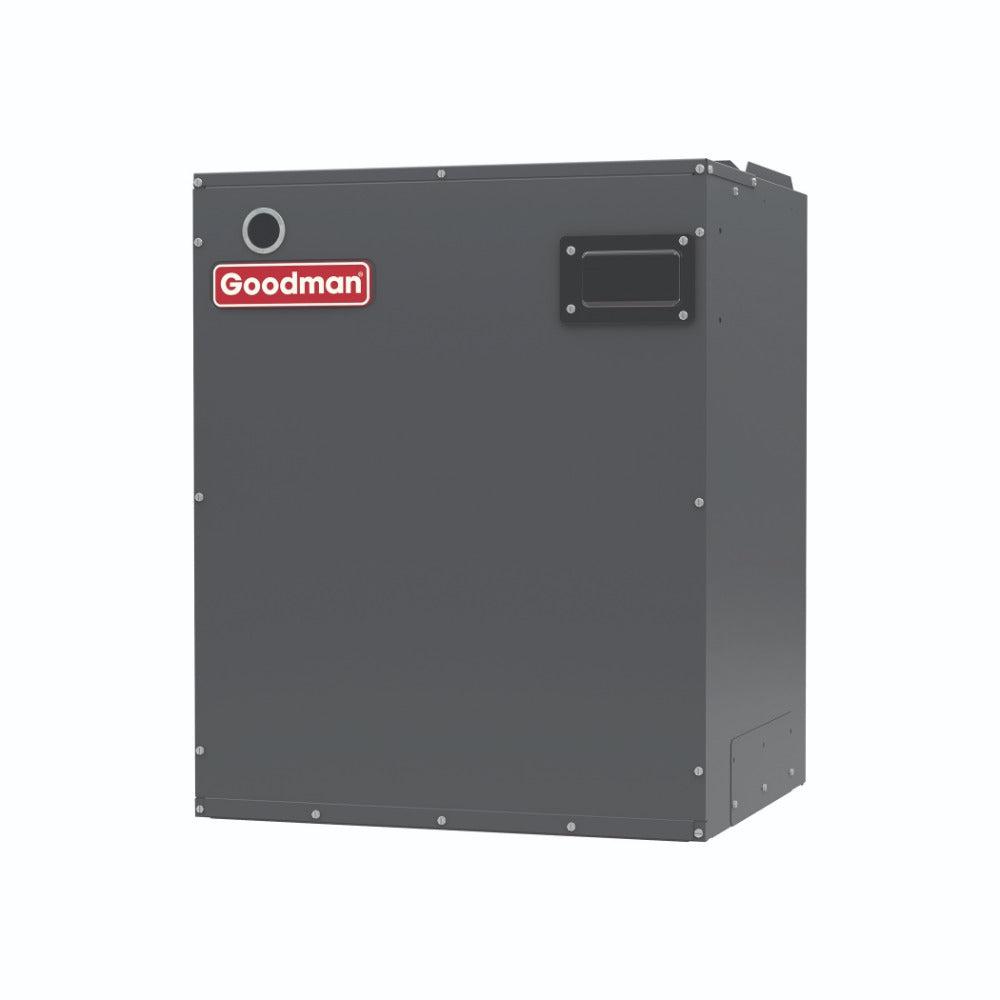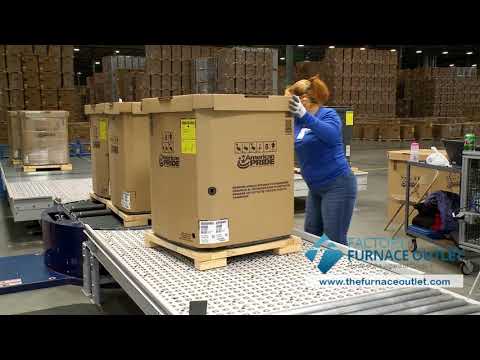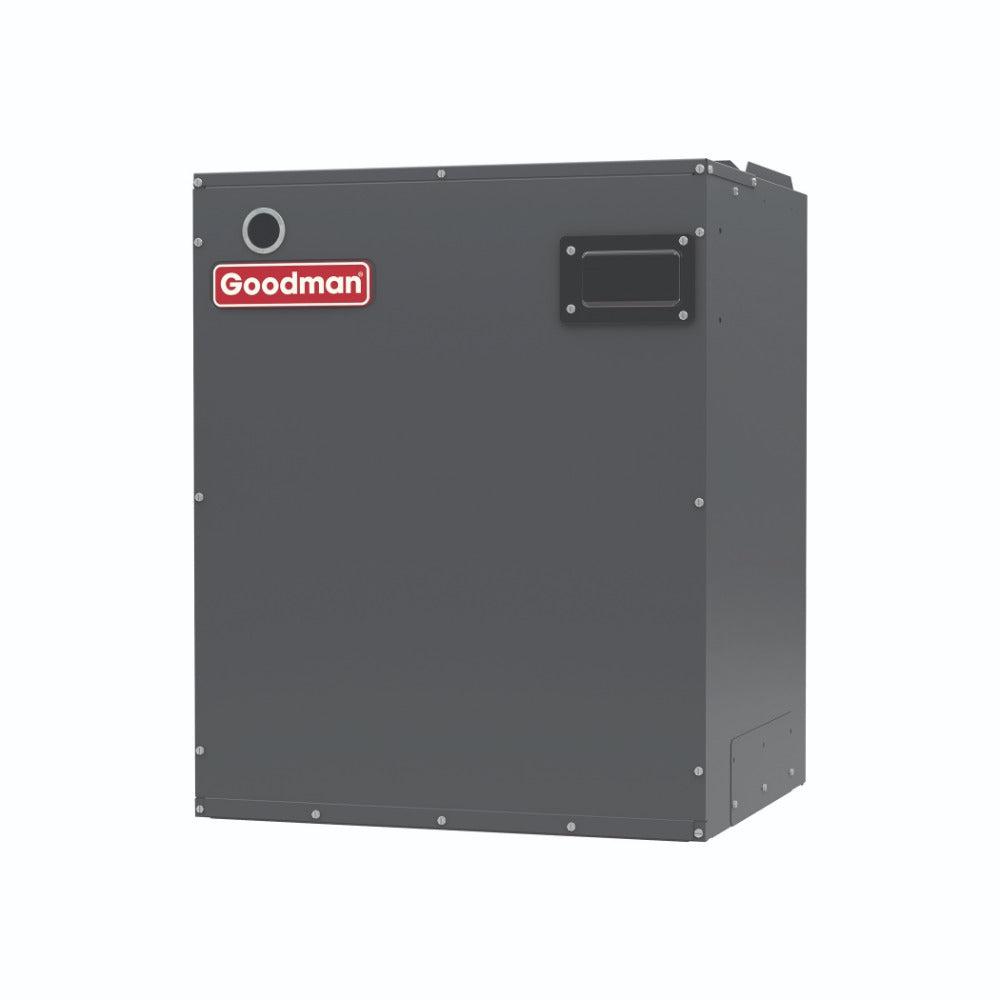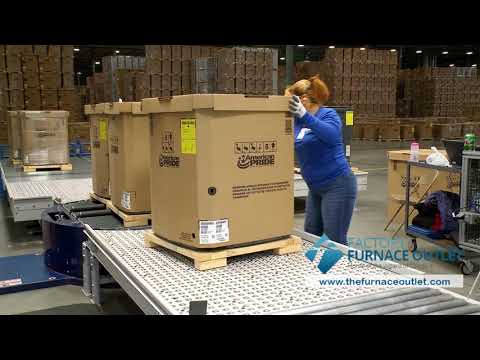Electric Furnaces
10 products
Showing 1 - 10 of 10 products
Understanding Electric Furnaces: A Comprehensive Guide
Electric furnaces are a type of heating system that uses electricity to generate heat and provide warmth to homes and commercial spaces. Unlike gas or oil furnaces, which burn fuel to create heat, electric furnaces rely on electric heating elements to warm air before distributing it throughout a building. These systems are often chosen for their efficiency, safety, and versatility, making them an ideal choice for regions with mild to moderate winters or homes where natural gas or propane isn’t available.
How Electric Furnaces Work
Electric furnaces operate by converting electrical energy into heat through heating elements, typically made of metal coils. The heating process is straightforward:
-
Thermostat Activation: When the indoor temperature drops below the desired setting, the thermostat signals the furnace to turn on.
-
Heating Elements: Inside the furnace, electric heating elements (resistance coils) begin to heat up as electricity passes through them. These coils become hot, similar to how a toaster’s elements glow when in use.
-
Air Circulation: A blower fan inside the furnace pulls cool air from the home’s return ducts, forces it over the heating elements, and warms the air.
-
Distribution of Warm Air: The now-warm air is circulated through the home’s ductwork and into the living spaces. This cycle continues until the thermostat reaches the desired temperature, at which point the furnace shuts off.
Electric furnaces are often used as the primary heating source or as backup systems for heat pumps in colder climates.
Key Features of Electric Furnaces
-
Energy Efficiency: Electric furnaces have a high AFUE (Annual Fuel Utilization Efficiency) rating, often reaching close to 100%. This means that nearly all the electricity consumed by the furnace is converted into heat for the home, making it an energy-efficient option.
-
Safety: Since electric furnaces do not use combustible fuels like natural gas or oil, there is no risk of carbon monoxide leaks or gas explosions. This makes electric furnaces a safer option for homes, particularly for those who are concerned about indoor air quality and safety.
-
Low Installation Costs: In homes where natural gas lines are unavailable or installing gas infrastructure is expensive, electric furnaces provide a more cost-effective heating solution. The installation process is usually simpler and less costly compared to gas or oil furnaces, as electric furnaces do not require venting systems or fuel lines.
-
Minimal Maintenance: Electric furnaces require less maintenance than gas or oil furnaces since they do not involve combustion. There are no burners to clean or fuel lines to maintain, making them easier and less expensive to service over time.
-
Quiet Operation: Electric furnaces tend to operate quietly compared to gas-powered units. This is because they do not rely on a burner or combustion process, which can generate noise during operation.
Types of Electric Furnaces
-
Single-Stage Electric Furnaces: These furnaces have one heating mode and operate at full capacity whenever they are turned on. They are typically more affordable but may not offer the same level of comfort control as more advanced models.
-
Two-Stage Electric Furnaces: These units operate at two levels—low and high—allowing them to provide more consistent heating. They tend to run on the lower setting most of the time, which improves energy efficiency and comfort.
-
Modulating Electric Furnaces: Modulating furnaces are the most advanced and efficient option. They adjust the amount of heat output incrementally to maintain a more precise indoor temperature, improving comfort and reducing energy waste.
Benefits of Electric Furnaces
-
Energy Efficiency: Electric furnaces are highly efficient, converting nearly all of the electricity they use into heat. This makes them ideal for homes where electricity is the most affordable or readily available energy source.
-
Safety: Electric furnaces do not produce harmful byproducts like carbon monoxide, reducing the risk of dangerous leaks and ensuring safer indoor air quality.
-
Reliability: Electric furnaces are often more reliable in regions where electricity is stable and fuel delivery is uncertain. They are also less prone to breakdowns due to their simpler design and lack of combustion processes.
-
Versatility: Electric furnaces are suitable for a variety of homes, particularly in areas where access to natural gas or propane is limited or where installation of gas lines is impractical or expensive.
Conclusion
Electric furnaces offer an energy-efficient, safe, and reliable heating solution for homes and commercial spaces. With their high efficiency, minimal maintenance needs, and quiet operation, electric furnaces provide comfort and convenience, especially in regions with mild winters. Whether you’re looking for a primary heating source or a backup for another system, an electric furnace can deliver consistent warmth and long-term value. With no need for combustible fuels or venting, electric furnaces are also ideal for homes prioritizing safety and indoor air quality.
